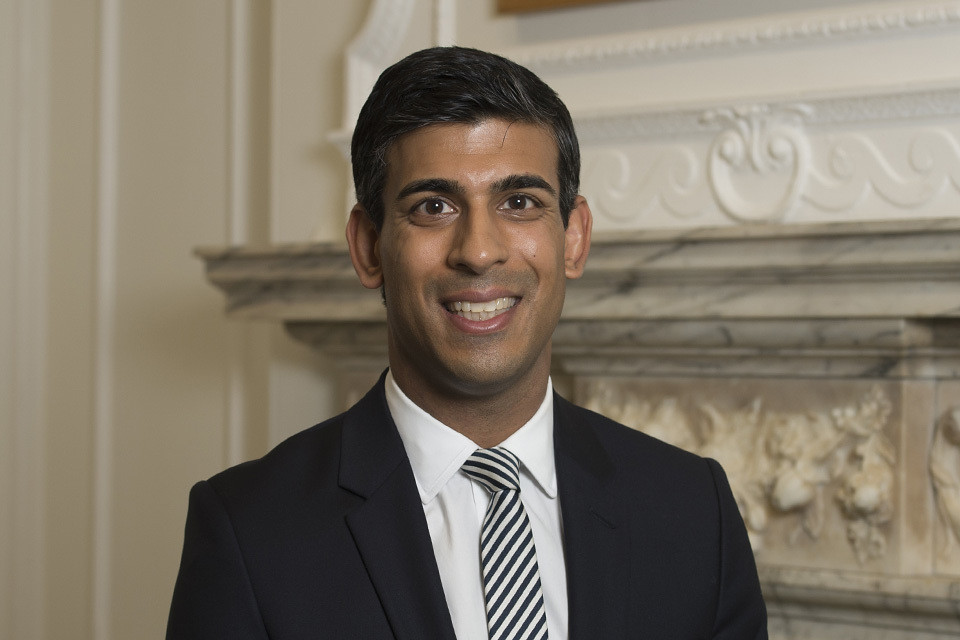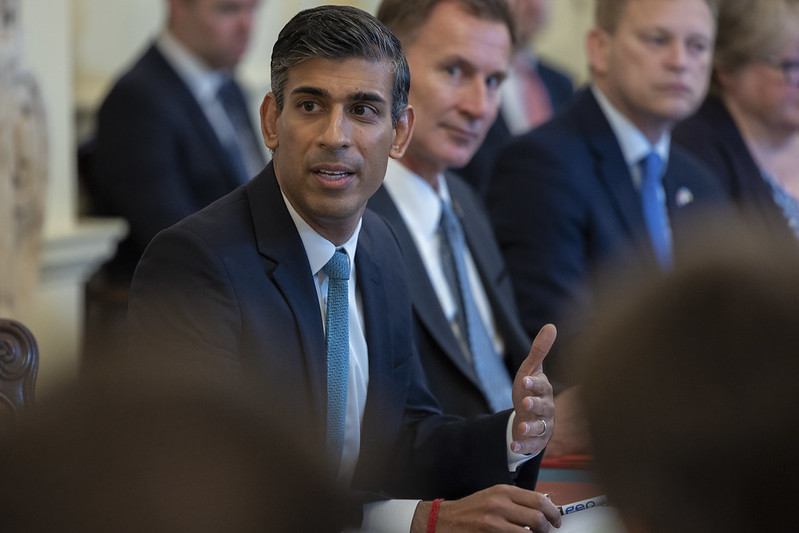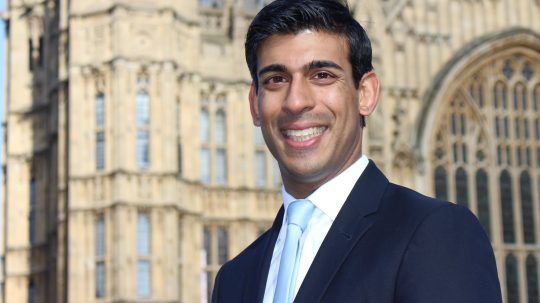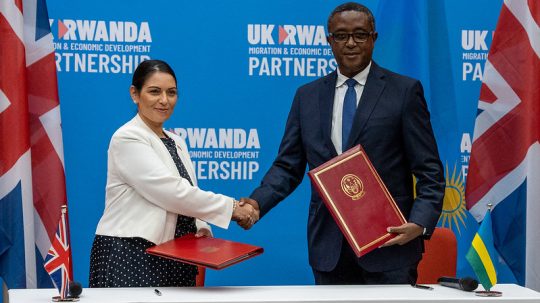During his summer leadership bid against Liz Truss, prime minister Rishi Sunak said he wanted to give Parliament powers to cap the number of refugees Britain accepts each year. His proposal was part of a ten-point plan on immigration, which also included tightening the definition of who can qualify for asylum and doing “whatever it takes” to pursue the government’s plan to offshore asylum seekers to Rwanda.
Under the 1951 Refugee Convention, a piece of international human rights law, a refugee is defined someone who has had to flee their country because of “well-founded fear of being persecuted for reasons of race, religion, nationality, membership of a particular social group or political opinion”. The convention establishes the principle of ‘non-refoulement’, which states that a refugee should not be returned to a country where they face serious threats to their life or freedom. The Universal Declaration of Human Rights also enshrines a person’s right to leave their country and seek asylum in another country.
'Why do asylum seekers come to the UK?'
Answered expertly by our @zedhas3 at the Joint Committee on Human Rights. 1/ pic.twitter.com/ZWWE7HDkGk
— JCWI (@JCWI_UK) October 27, 2022
Placing a cap on the number of refugees that the UK accepts could breach the Refugee Convention. In 2003, the Law Society, in response to an asylum bill that proposed quotas on refugees at the time, said: “The Society is concerned that the use of quotas is likely to undermine the right to claim asylum enshrined in the Refugee Convention.”
It went on: “This may lead to people who need asylum being denied it on the basis that the quota for a particular period is full, rather than as a result of the merit or otherwise of their claim.”
Rwanda plan support
In his summer leadership bid, Sunak made it clear that he intends to keep the Rwanda policy, which allows the government to deport people who have migrated to the UK, including asylum seekers, to Rwanda. He appointed Suella Braverman, who has been a vocal supporter of the scheme, to home secretary last week.
Rishi Sunak, the new Prime Minister, says he’ll do “whatever it takes” to send refugees to Rwanda.
Well – we'll do whatever it takes to STOP that.
Who's with us?
— Freedom from Torture🧡 (@FreefromTorture) October 24, 2022
The UN’s Refugee Agency has said the scheme undermines the Refugee Convention. It said the scheme “does not meet the requirements necessary to be considered a lawful and appropriate bilateral transfer arrangement.”
Sunak said he wanted to withhold aid from countries that do not receive deportations from the UK. International charity Oxfam described the policy as “cruel”.
Lowering deportation threshold
Sunak proposed tougher proposals on deportation. He promised to double the number of deportations of foreign national offenders by halving the time a person would need to serve in prison to be deported from 12 months to six. He said he would create a ‘three strikes’ rule to make anyone who received three or more sentences eligible for deportation – even if those sentences did not equate to six months in jail. More than a half of potential trafficking victims last year were found to have been involved in criminal exploitation.
The prime minister appointed Dominic Raab as justice secretary last week. Raab’s proposed Bill of Rights, which was shelved by Liz Truss, aims to make it easier to deport people from overseas. It also aims to weaken people’s claims to stay in the country with family under the right to a family life (Article 8 of the HRA). Under the Bill, a person facing separation from their family because of deportation, would have to prove that a family member would come to extreme, exceptional, overwhelming and irreversible harm if they were removed from the country, in order to remain.
Eachother has contacted the Home Office for comment.





